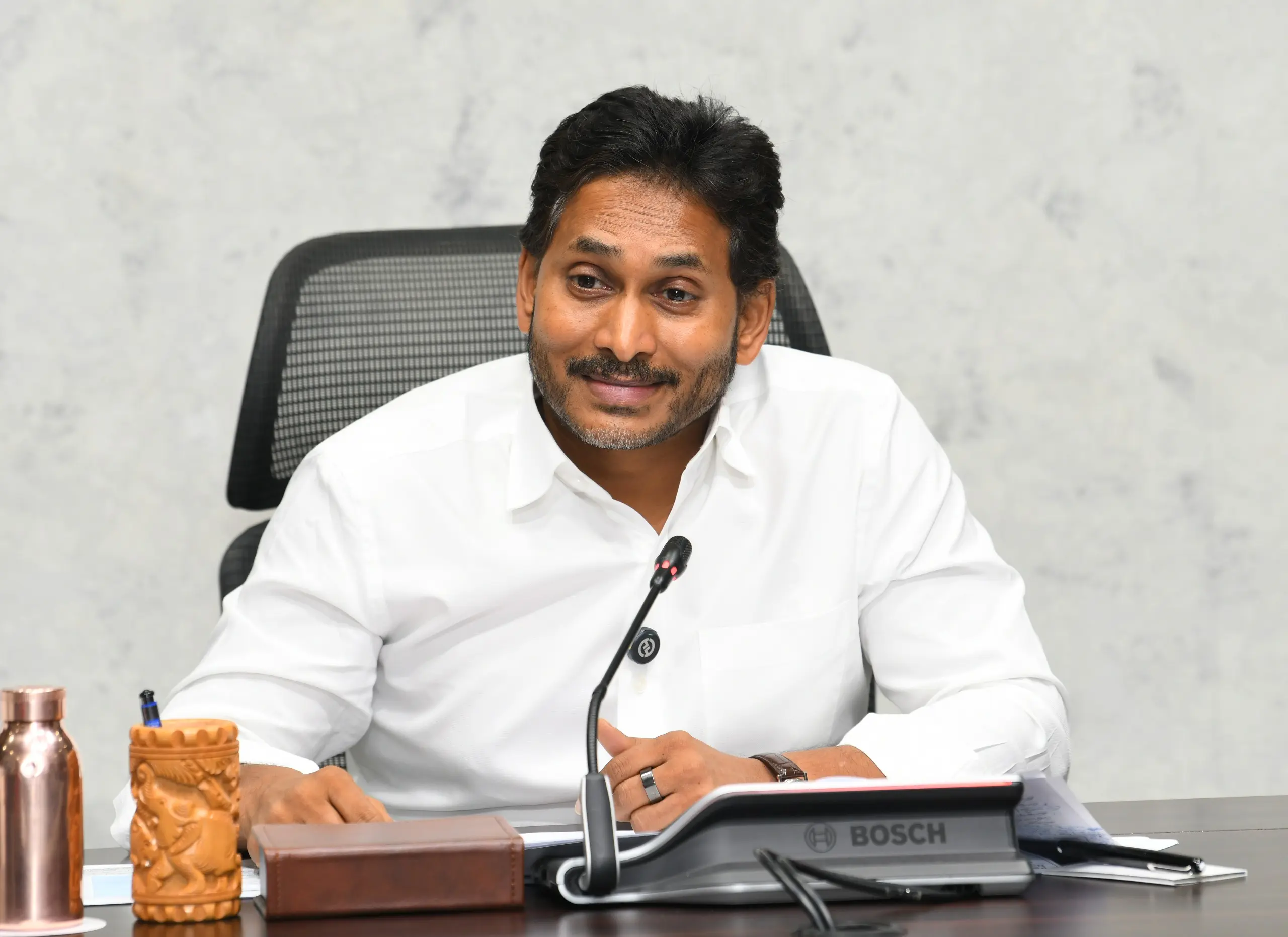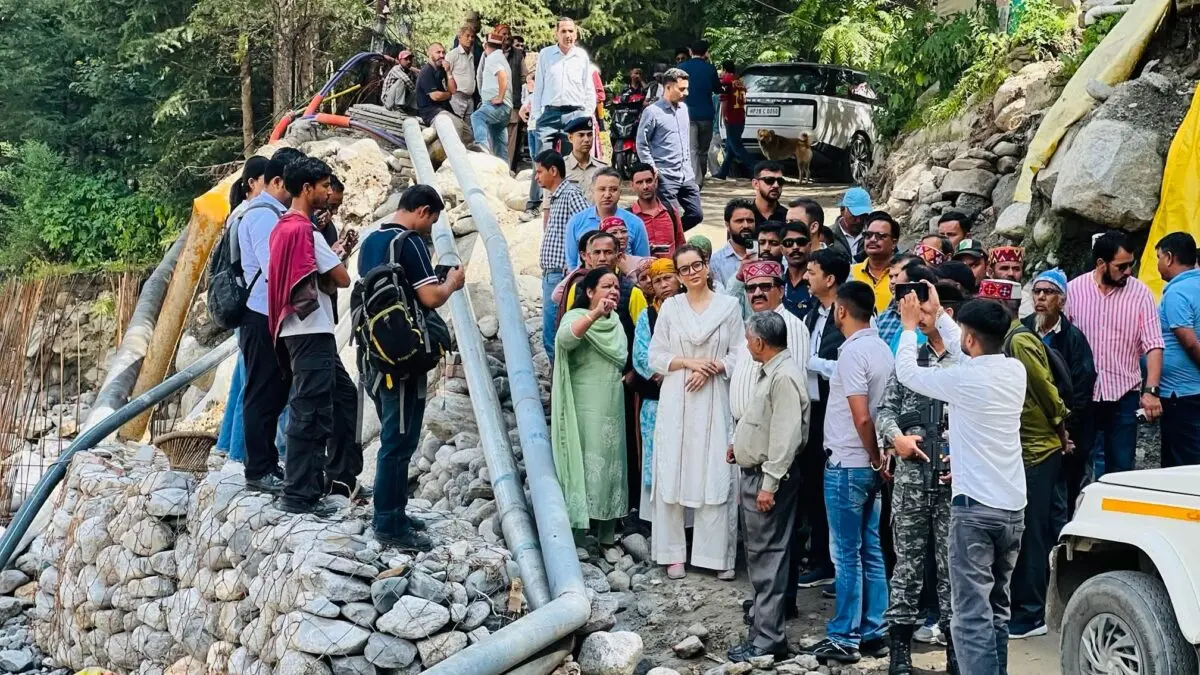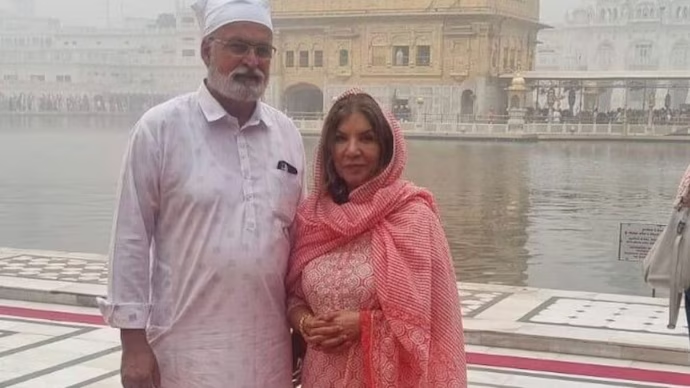Now Reading: Jagan Stands Firm: YSRCP Will Skip Assembly Sessions Without Opposition Status
-
01
Jagan Stands Firm: YSRCP Will Skip Assembly Sessions Without Opposition Status
Jagan Stands Firm: YSRCP Will Skip Assembly Sessions Without Opposition Status

YS Jagan Mohan Reddy has declared that his party, the YSR Congress Party (YSRCP), will not participate in Andhra Pradesh Assembly sessions unless it is officially recognised as the principal opposition. Speaking at a legislators’ meeting in Vijayawada, he argued that without proper opposition status, YSRCP’s ability to raise issues or hold the government accountable is severely restricted. For many in smaller cities, this standoff raises questions about representation and the role of opposition in state democracy.
What Jagan is Saying
Jagan insists there is no point attending assembly sessions when his party is not granted opposition status. He says the ruling alliance is denying YSRCP time to speak on public grievances. He points out that even though YSRCP is the only party not aligned with the ruling coalition in the assembly, it is not being treated like one.
He recalled his own past when, as Chief Minister, he avoided political defections to make sure the opposition had space to function—citing that he respected norms when his predecessor was in opposition.
What the Government’s Position Is
The ruling coalition argues that criteria for granting principal opposition status exist, often linked to a minimum number of seats (some mention 15-18% of total strength). YSRCP currently holds far fewer seats than required under those rules. Government officials say procedure and norms must be followed, and status cannot be handed out solely based on being the largest non-ruling party.
Consequences of an Assembly Boycott
By staying away, YSRCP forfeits chances to air public issues in the official forum. Matters like privatisation of medical colleges, public protests, or local grievances may not receive assembly time. This could impact visibility in legislative debates and possibly affect how public perception forms, especially in districts and smaller towns with limited media reach.
On the other hand, a boycott brings attention. It signals strong dissatisfaction and can mobilise supporters. But prolonged absence raises questions: are elected representatives doing their duty? And does absence weaken the opposition’s leverage in policy oversight?
Relevance for Tier 2 Cities & Local Voters
In many Tier 2 and Tier 3 towns, people expect their MLA or MP to raise local issues like water supply, infrastructure, hospitals. Assembly sessions are one way those issues are amplified. If opposition members don’t attend, local problems may stay out of the public record.
Also, many voters in smaller cities place value in visible participation—seeing their leader in action in legislative assembly, asking questions, interrupting government on misgovernance. Lack of presence can be interpreted as apathy or inability, regardless of intent.
What Comes Next
YSRCP has filed a petition in High Court seeking direction that the Speaker recognize the party as principal opposition. The government may respond through legal opinion or move to defend its position based on established norms.
The assembly sessions are scheduled from later this month. Whether YSRCP will join depends entirely on whether opposition status is granted or a court decision favours its claim.
Conclusion
The demand for opposition status by YSRCP touches core democratic principles: transparency, checks and balances, the ability to hold power to account. If the party is denied that status, the system risks weakening one of its vital functions. For voters—especially in smaller cities—it’s not just a procedural fight; it shapes how well their issues are heard, represented, and addressed in the corridors of power.

























